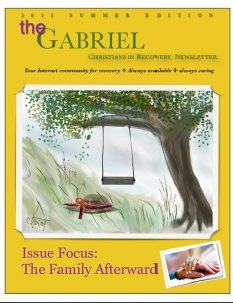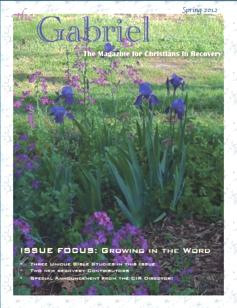Thoughtless or Thoughtful ?

Some people seem to have a genius for making others miserable! They are continually touching sensitive hearts, so as to cause pain. They are always saying things which sting and irritate. If you have any bodily defect, they never see you without in some crude way, making you conscious of it. If any relative or friend of yours has done some dishonorable thing, they seem to take a cruel delight in constantly referring to it when speaking with you. They lack all delicacy of feeling, having no eye for the sensitive things in others, which demand gentleness of treatment.
Thoughtfulness is the reverse of all this. It simply does not do the things which thoughtlessness does. It avoids the painful subject. It never alludes to a man’s clubfoot or humpback, nor ever casts an eye at the defect, nor does anything to direct attention to it or to make the man conscious of it. It respects your sorrow–and refrains from harshly touching your wound. It has the utmost kindliness of feeling and expression. A truly thoughtful person, is one who never needlessly gives pain to another.
Thoughtless or Thoughtful ? Read More »



 which themselves are great and marvelous, and which together make up a mighty work which only God could conceive and carry out, and which, like all His works, depends only and entirely on His purpose and power and not on anything in the work or its result.
which themselves are great and marvelous, and which together make up a mighty work which only God could conceive and carry out, and which, like all His works, depends only and entirely on His purpose and power and not on anything in the work or its result.


 Spring 2015
Spring 2015 Spring 2014
Spring 2014 Winter 2013
Winter 2013 Spring/Summer 2013
Spring/Summer 2013 Summer 2012
Summer 2012 Spring 2012
Spring 2012
